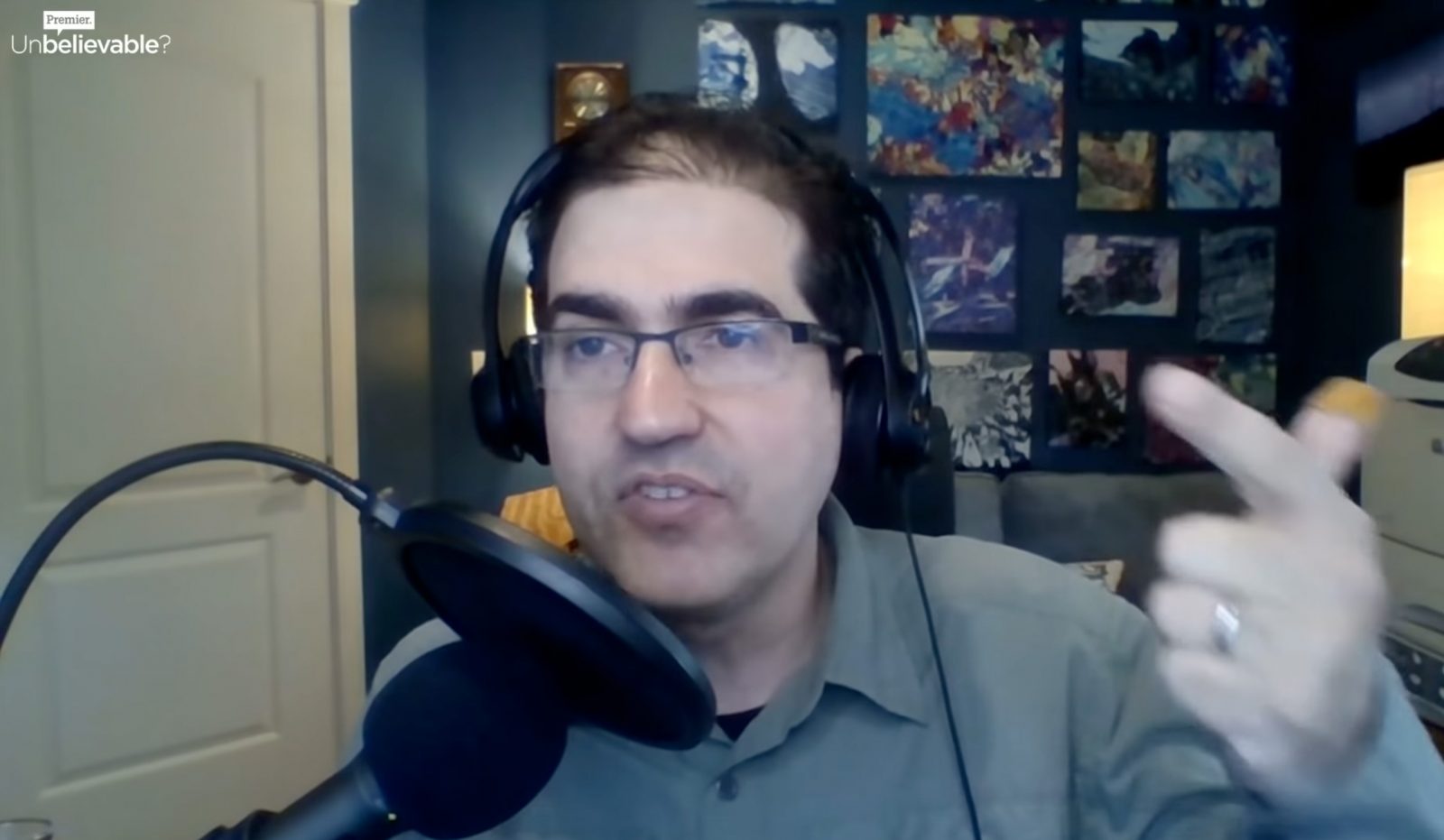
How a Teacher Wrecked Biology for Me, and How I Got Past It
On today’s ID the Future, Tom Gilson, a writer and editor for The Stream, shares his experiences in high school biology. Important mysteries (i.e., major problems) with evolutionary theory were hurried past and papered over, and yet his biology teacher could take an entire class period to tell Charles Darwin’s life story, and then repeat the same class, virtually verbatim, five more times that same semester. Tune in to hear how the class put Tom Gilson off of biology, but how he now finds the subject fascinating, thanks to the work of intelligent design researchers and the larger community of life scientists. Gilson’s commentary is taken from, and builds on, a recent essay of his, available at Evolution News.

